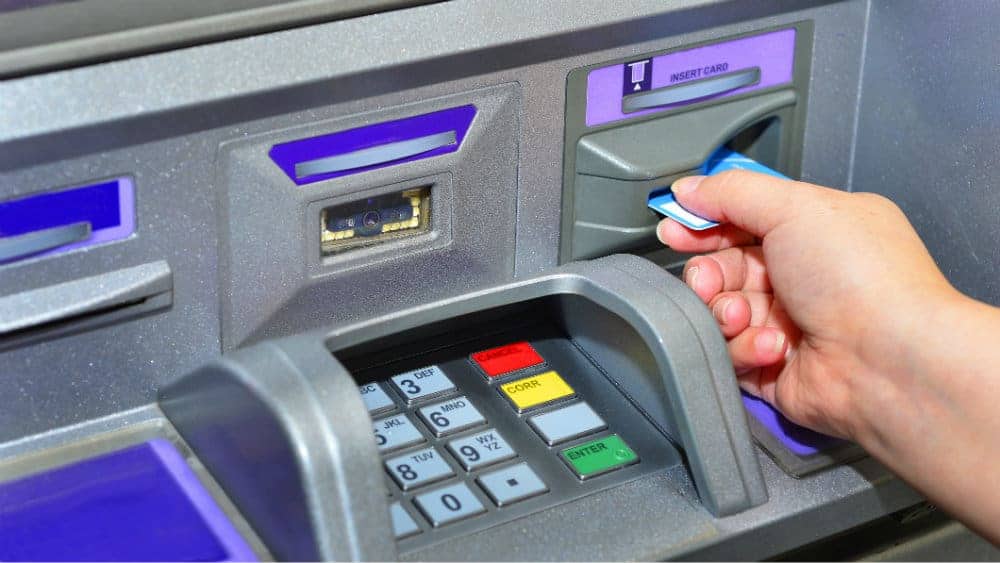The Toronto-Dominion Bank (TSX:TD)(NYSE:TD) has been called the “most American of Canadian banks.” With over 30% of the bank’s revenue coming from south of the Border, it’s not hard to see why. TD’s U.S. retail division is already the 8th largest bank in the states, and with 30% year-over-year growth, it’s likely to move up the rungs in the years ahead.
Believe it or not, that may actually be a reason for TD shareholders to worry. While TD has outperformed the rest of the big six over the past five years on the strength of its U.S. operations, that exact asset could be a liability going forward. The U.S. is currently in the midst of a dangerous trade war with China, and financials in that country are very likely to be hit. To understand how this could affect TD bank, we first need to see how a U.S./China trade war could affect the American economy.
How trade instability could affect the U.S. economy
Trade instability could have an adverse effect on the U.S. economy in a number of ways. First, tariffs levied on Chinese exports will be passed on to buyers, sending prices higher. Second, retaliatory Chinese tariffs could slacken demand for U.S. goods, sending exports lower. Third, the overall environment of trade instability could have a chilling effect on the markets, causing investors to pull money out.
This all adds up to a nasty economic picture for the U.S., China, and the world. Banks, being the financers of this economy, will face consequences.
TD’s U.S. exposure
TD has more U.S. exposure than any other Canadian bank, with more than 30% of its revenue coming from U.S. retail. Retail banking consists of services offered to individual customers with personal accounts, so it’s not as exposed to broad trade concerns as wholesale banking would be. However, even retail banking is exposed to economic spillover effects from trade disputes, such as (for example) layoffs resulting from retaliatory Chinese tariffs on the U.S.
Additionally, TD has a huge investment in TD Ameritrade, a U.S. trading platform that could suffer if U.S. trading volume tanks.
What this means for investors
What all this adds up to is potential for lost revenue at TD if trade woes continue. Thanks to its massive U.S. exposure, TD is particularly sensitive to economic conditions south of the border, which could deteriorate if the U.S. and China continue slapping tariffs on each other. Fortunately, TD’s exposure to the direct effects of the tariffs is minimal since, again, its U.S. operations are mostly retail. However, economic woes that begin in one sector of the economy have a way of spilling over to others, as we saw with the 2000s subprime mortgage crisis and subsequent recession.










